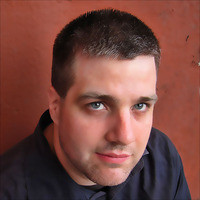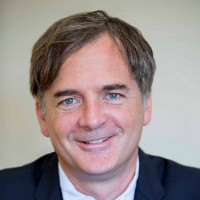Jerry Saltz is a Pulitzer-winning art critic for New York.
“To this day I wake up early and I have to get to my desk to write almost immediately. I mean fast. Before the demons get me. I got to get writing. And once I’ve written almost anything, I’ll pretty much write all day, I don’t leave my desk, I have no other life. I’m not part of the world except when I go to see shows.”
Thanks to MailChimp, TapeACall, The Dream, Squarespace, and Pitt Writers for sponsoring this week's episode.












